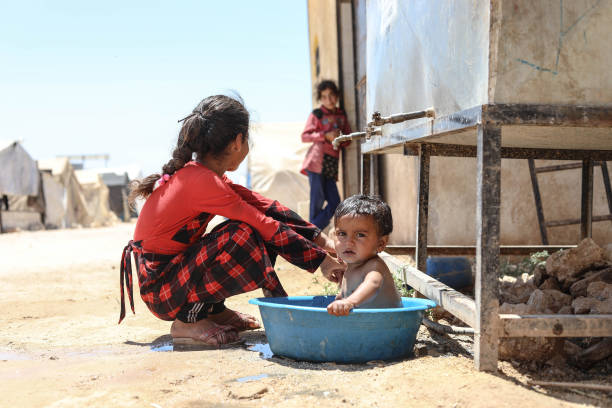Article 25-A of the Constitution of Pakistan is a fundamental right that addresses the right to education.
It was added to the Constitution as a result of the 18th Amendment in 2010, emphasizing the importance of providing quality education to all Pakistani citizens. Article 25-A reads as follows:
“Right to Education: The State shall provide free and compulsory education to all children of the age of five to sixteen years in such manner as may be determined by law.”
Here’s a breakdown of the key elements and implications of Article 25-A:
1. Right to Education:
The article clearly states that every child in Pakistan, between the ages of five and sixteen, has a fundamental right to education. This means that the state is constitutionally obligated to ensure that children in this age group have access to education.
2. Free Education:
The provision mandates that the education provided by the state should be free, ensuring that the economic status of a child’s family does not hinder their access to education. This is particularly significant in a country where economic disparities exist.
3. Compulsory Education:
The Constitution also makes it compulsory for children aged five to sixteen to attend school. This is in line with the global understanding that compulsory education is a critical step in promoting literacy and education.
4. Legislative Determination:
The article leaves the manner of providing free and compulsory education to the discretion of the legislature, meaning that specific laws and regulations can be enacted to give effect to this constitutional right.
Implications and Importance:
Article 25-A of the Constitution of Pakistan is a landmark provision that underscores the significance of education as a fundamental right. Its inclusion is a reflection of Pakistan’s commitment to achieving universal primary education and reducing illiteracy. By making education a constitutional right, Pakistan aims to address issues like low literacy rates, the gender gap in education, and the quality of educational facilities.
The implications of Article 25-A include:
1.Increased Access:
The provision strives to increase the accessibility of education, especially for marginalized and economically disadvantaged communities.
2. Gender Equality:
It promotes gender equality in education, ensuring that both boys and girls have equal access to quality education.
3. Quality Improvement:
The state is encouraged to take measures to improve the quality of education, not just access, by investing in infrastructure, teacher training, and curriculum development.
4.Reducing Child Labor:
Compulsory education helps in reducing child labor as children are required to attend school.
In summary, Article 25-A of the Constitution of Pakistan is a pivotal constitutional provision that affirms the state’s commitment to providing free and compulsory education for all children between the ages of five and sixteen. It is a vital step toward promoting education, literacy, and equal opportunities for the citizens of Pakistan.









